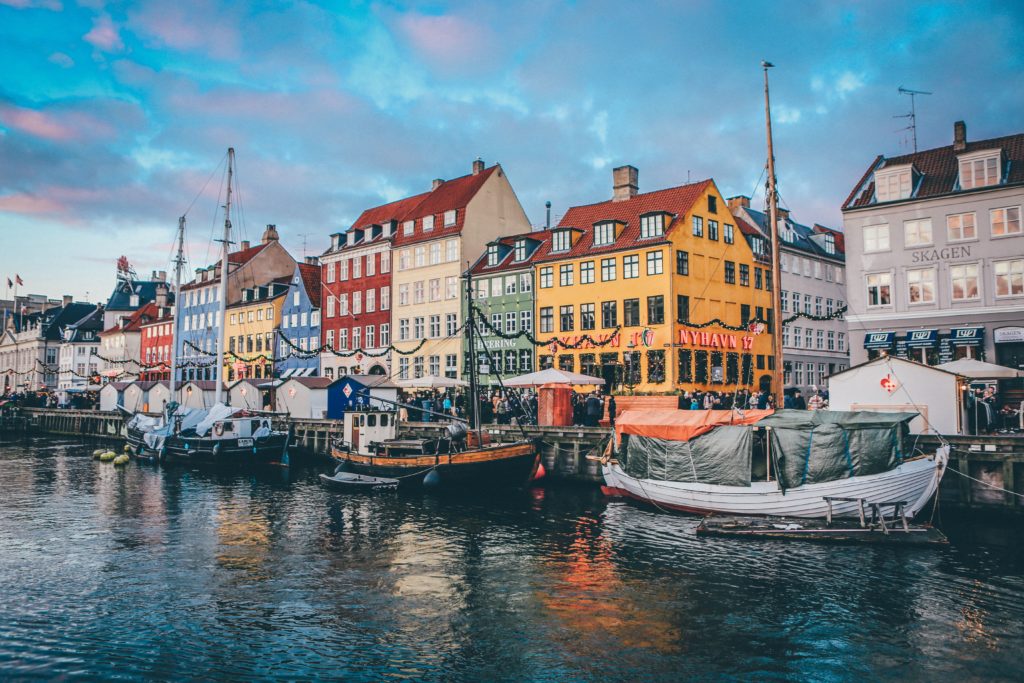If you are thinking of retiring in Denmark, you are on your way to one of the happiest countries in the world. The Danes are known to be one of the happiest people on earth. Located in Western Europe with some islands off its coast, the capital city Copenhagen offers tourists a fascinating bike riding experience. Famed for its culture, recreation, and social safety, the country is home to Tivoli Gardens, one of the oldest amusement parks in the world. Being a city of culture and outdoor activities, there is a lot you can enjoy as a retiree looking to spend your golden years in comfort.

Here are some of the things you need to know about the nation before traveling. You can always hire the services of ex-pats to help with the process of relocating.
Cost of living
Living in Denmark is more expensive than in most countries as the cost of commodities, transport, and utilities is higher. However, renting an apartment is lower than in some countries in Europe. Although buying a property might be expensive, depending on the location. If you live in the city center of Copenhagen, you will spend up to a thousand dollars on rent for a one-room apartment, while a three-room apartment will cost up to around two thousand a month. People living outside the city area pay lesser rents. Other than rents, paying for utilities such as gas, electricity, water, et cetera will cut deep into your pension funds, so you should always spend within a budget. Your cost of living will be determined by how you live and feed.
Visas and residency
There are several reasons why people travel abroad: study, work, tourism, et cetera. Each purpose requires a certain type of visa. If you are retiring there, you need more than a tourist visa. Depending on how long you want to stay in the country, you must apply for a long-term visa. Like most countries, Denmark doesn’t have a retirement visa. The only option is to apply for a work or partner visa. Anyone married to a Danish citizen or has a business partnership with one can receive visa sponsorship. You must apply for a residence permit and then wait up to five years to qualify for a permanent residency.
Health care
Running a decentralized type of system, Denmark’s healthcare system ranks 34th in the world. Affordable and proper healthcare is provided by the government to all taxpaying residents, as it is funded by tax revenues. People who don’t pay taxes have to pay with their money or by private insurance. As a retiree, having access to medical services might be a bit tricky, if you haven’t worked there before. There are two ways you can have access to excellent healthcare as a foreigner; you buy insurance to cover your health care costs or you register with citizen’s services to obtain a CPR number.
Taxes
After obtaining your visa and moving to the country, one of the things you should know is that you will be taxed on your income in the country. Meaning that if you have worked in Denmark before your retirement, your pension funds will be taxed. But, if you are a foreigner, when you transfer your pension to the country, it is subject to tax. Tax rates depend on the income you earn in the country. To avoid double taxation, it is best to work with an accountant or a financial expert who knows more about tax credits such as the foreign earned income exclusion. Tax rates are usually higher than taxes in the US. Make sure to learn more about the tax policy in Denmark before relocating there.
Luckily, there is a low crime rate in the country. Expats living in Copenhagen find the city to be lovely, safe, and filled with outdoor activities such as biking, hiking, going to the beach, etc. Retiring in Denmark is expensive, so having social security is of many benefits to you.




